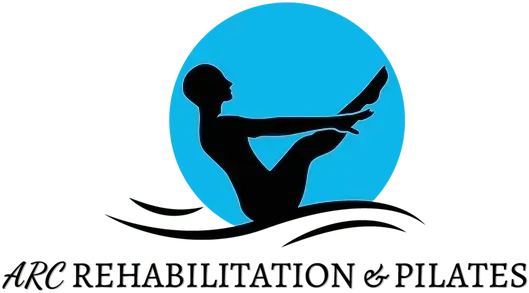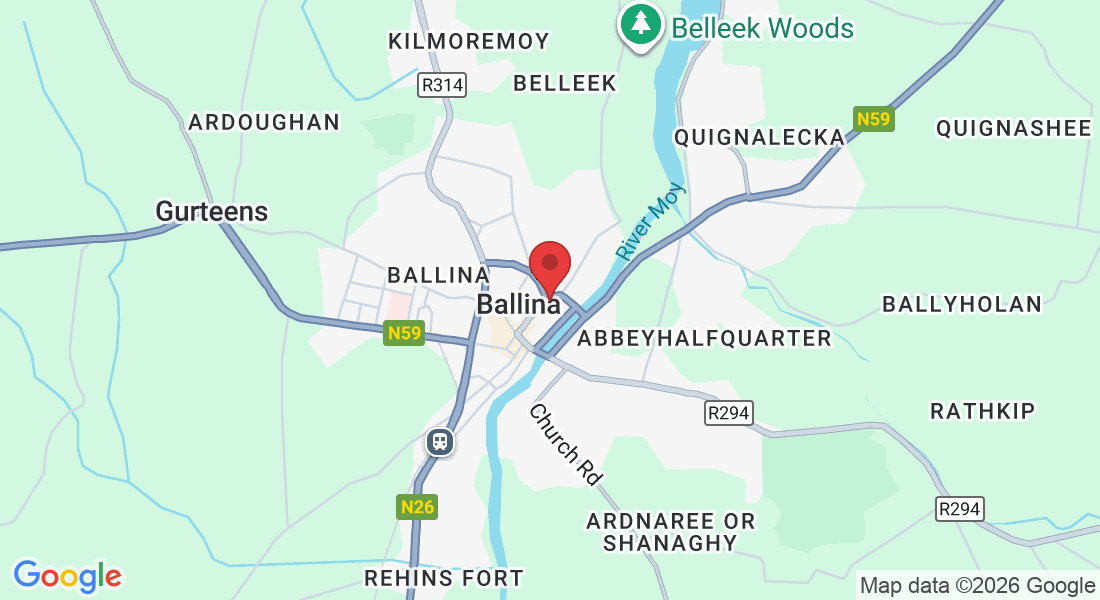Tips & Advice From ARC Rehabilitation & Pilates
Tips & Advice From ARC Rehabilitation & Pilates
No blogs found
No blogs found
Ask ARC Rehabilitation & Pilates And Their Team
Fill in the form to request a call from our team. One of our team members will call you for FREE and answer any questions or concerns you may have about your condition
I give consent to use this information to send additional emails and communications. By providing my phone number, I agree to receive text messages from the business as described in your privacy policy
Ask ARC Rehabilitation & Pilates And Their Team
Fill in the form to request a call from our team. One of our team members will call you for FREE and answer any questions or concerns you may have about your condition
I give consent to use this information to send additional emails and communications. By providing my phone number, I agree to receive text messages from the business as described in your privacy policy
Where To Find ARC Rehabilitation & Pilates

If you have any questions before scheduling an appointment or for general inquiries, please use the contact us button below. Our team will promptly reach out to assist you.
Opening Hours
Monday: 9:30am – 8:00pm
Tuesday: 9:30am – 8:00pm
Wednesday: 9:30am – 8:00pm
Thursday: 9:30am – 8:00pm
Friday: 9:30am – 1:00pm
Saturday: Closed
Sunday: Closed

The Clinic
Conditions We Treat
Opening Hours
Monday: 9:30am – 8:00pm
Tuesday: 9:30am – 8:00pm
Wednesday: 9:30am – 8:00pm
Thursday: 9:30am – 8:00pm
Friday: 9:30am – 1:00pm
Saturday: Closed
Sunday: Closed
How To Get In Touch
© Copyright 2026 ARC Rehabilitation & Pilates. All Rights Reserved.

